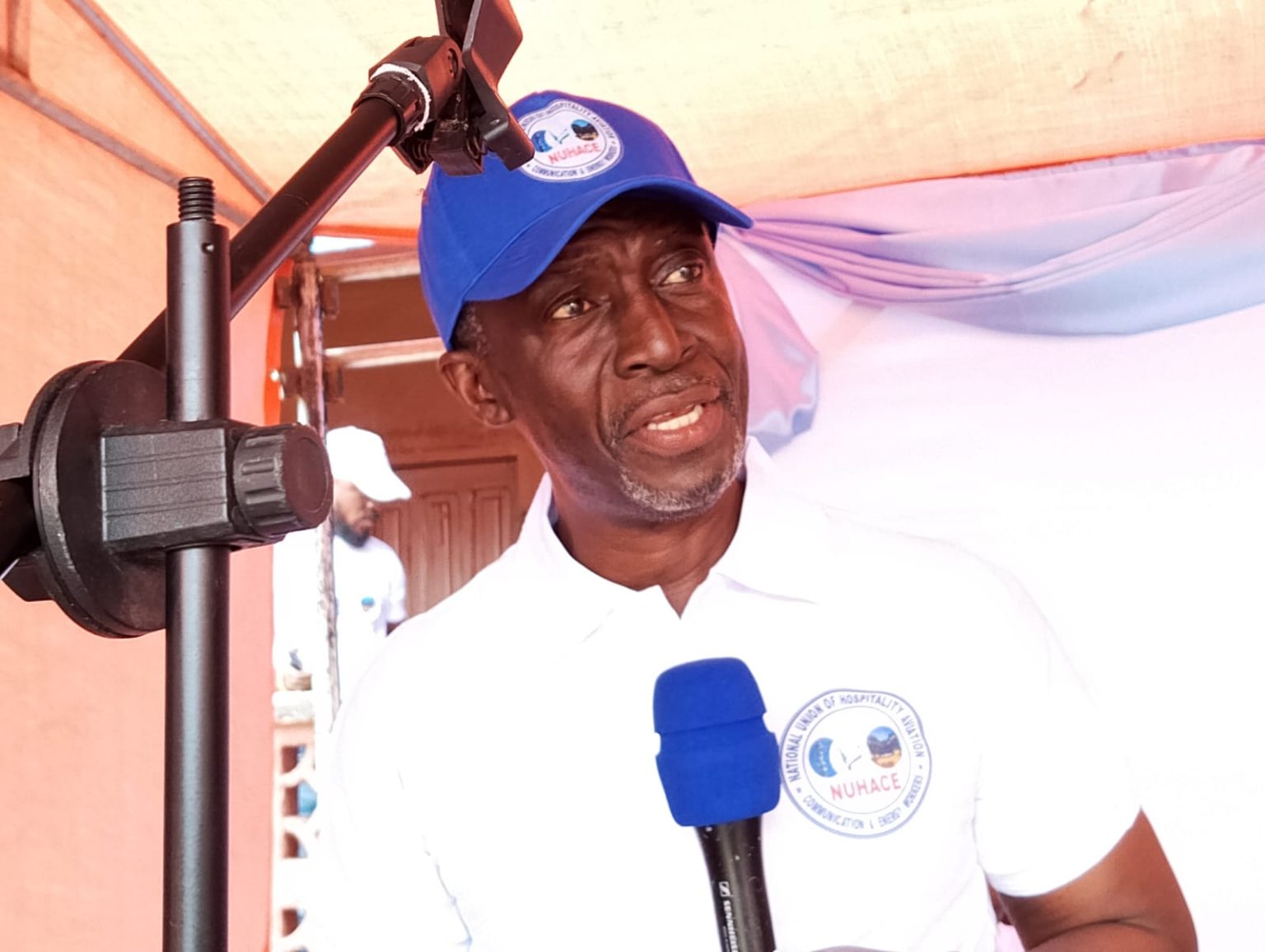Cllr. Tiawan Saye Gongloe, a prominent human rights lawyer and former presidential candidate in Liberia, has expressed strong concerns regarding corruption within the current government led by President Joseph N. Boakai. During a keynote address titled “What kind of country is this?” Gongloe argued that the promises made during the election campaign for hope, transformation, and a rescue government have not materialized for the average Liberian. Instead, it appears that only those in positions of power have seen tangible changes in their lives, with government officials amassing wealth while ordinary citizens continue to struggle. Gongloe’s assertions call into question the integrity of the current administration and highlight the pervasive inequities faced by the Liberian populace.
In his remarks, Gongloe lamented the stark contrast between the lifestyles of high-ranking officials and the conditions experienced by everyday citizens. He pointed out that essential workers, such as teachers, law enforcement officers, and healthcare professionals, earn meager salaries that could take them years to match the monthly earnings of government officials. This disparity, he argues, undermines the essential services provided by public servants who are crucial to maintaining societal stability. The futility of the average citizen’s situation is emphasized by the growing unrest and despair in the country, with young people being driven to desperate measures, including human trafficking, in pursuit of opportunities abroad.
Gongloe poignantly articulated that residents of Liberia are enduring not just poverty, but a sense of hopelessness that leaves them willing to risk their lives in search of better prospects. He recounted tragic stories of citizens who have lost their lives while attempting to escape the dire circumstances within the country, particularly in treacherous attempts to cross the Sahara Desert. His appeal was clear: Liberians must no longer passively tolerate their plights and should question their leaders who fail to deliver on their promises. Gongloe asserted that it is crucial for citizens to hold their government accountable, implying that a fundamental shift in the political landscape is imperative for genuine progress.
In addressing the systemic issues embedded within Liberia’s political framework, Gongloe criticized what he termed as “legalized theft,” a reference to the corrupt practices that plague the government. He urged citizens to reject politicians who treat elections as business investments, where they expect to recover expenses through embezzlement once in office. Instead, he called for the election of leaders dedicated to public service and aware that their role in government is a sacred trust. His vision for a better Liberia hinges on creating a culture of accountability and integrity within the government.
Gongloe firmly believes that transforming Liberia requires a collective effort from its citizens. He emphasized that waiting for change or merely wishing for a better future is insufficient. The path forward lies in proactive engagement—holding one another accountable, insisting on ethical governance, and collectively rejecting corruption. He noted that the prevailing mentality that perceives government as a money-making venture must shift. By working together to eliminate corrupt practices, Gongloe asserted, Liberians can begin to reclaim their country and forge a society where public servants prioritize the welfare of the nation rather than personal gain.
In summary, Cllr. Tiawan Saye Gongloe’s impassioned speech serves as a clarion call for change in Liberia. He paints a stark picture of the socio-economic challenges facing ordinary citizens under President Boakai’s administration, criticizing the conspicuous wealth amassed by government officials while the majority faces dire circumstances. Highlighting the urgent need for accountability and ethical leadership, Gongloe’s assertions underscore the importance of citizen engagement in fostering a government that serves the people. His vision for a better Liberia hinges on the rejection of corruption, emphasizing that hope for genuine transformation lies in the collective action of its citizens.














